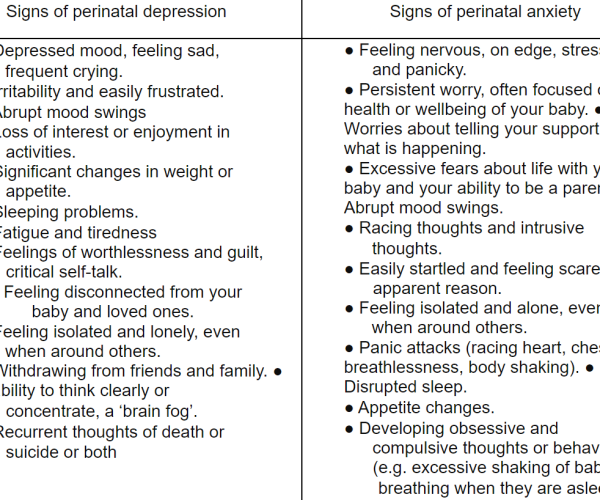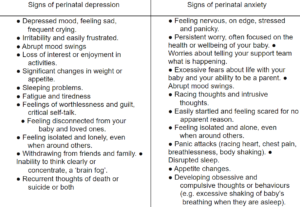Prioritising Maternal Mental Health During the Perinatal Period

The journey to becoming a mother is often depicted as a time of great joy and fulfilment. During this time there is excitement about bringing a new life into the world. However, behind the smiles, many mothers also struggle silently with their mental health.
The ‘perinatal period’ is the time during pregnancy and into the first year postpartum, the period of time after childbirth. This is a time of huge physical changes, but it can also come with increased emotional vulnerability. Mothers may grapple with feelings of anxiety, worry, doubt and sadness. In the midst of preparing for the arrival of a new baby, it is important that we open up discussions about the importance of maternal mental health and the emotional well being of mothers.
Riding the Rollercoaster of Emotions
Pregnancy and childbirth are significant life events. These events are accompanied by a myriad of changes – physical, emotional and psychological. The perinatal period can differ for each and every person, but understanding common changes can help mothers to be kind to themselves and be more prepared for what lies ahead. From the hormonal changes, to the anticipation and anxieties of becoming a parent, mothers experience a rollercoaster of emotions. Many mothers may experience ups and downs that leave them feeling emotionally exhausted and physically drained.
Struggling in Silence
Despite the knowledge that we have about the changes that occur during the perinatal period, many mothers continue to struggle in silence. People may be hesitant to seek help because of stigma, or fear of judgment, or because they do not know who to turn to. Mother’s may feel ashamed or embarrassed to admit that they are struggling, or that their emotions do not match how they expected to feel.
Maternal mental health disorders are more common than we realize. According to the World Health Organisation (WHO), about 10% of pregnant women and 13% of women who have just given birth, experience a mental health disorder. Post natal depression is probably one of the most well known, but depression and anxiety during this time are common.
Recognising the Signs
Recognizing the signs of perinatal depression and anxiety is crucial. The table below outline some of the more common signs to look out for.

The Importance of Paying Attention
Maternal mental health does not just impact the mother – it has a ripple effect throughout the family unit. Untreated perinatal mental health disorders can have serious consequences for both the mother and for her baby. Maternal depression and anxiety can impair a mother’s ability to care for herself and for her child. Depression and anxiety can impact everything from breastfeeding to bonding, and there can be long term consequences for the entire family.
It is important that we notice the signs and symptoms mentioned above, as well as any other changes that may be occurring for mothers during the perinatal period. Many symptoms go unnoticed, or are dismissed as typical hormonal fluctuations, or the stress of new motherhood. Too often, important changes such as those mentioned above, are brushed off or disregarded.
Support is Available
During the perinatal period, it is important to foster a culture of support and understanding. First and foremost, we need to prioritise self-care for women during this time. This means giving them
the support they need, whether it’s through practical help with household chores, making meals, childcare, or simply providing a listening ear and a hot cup of tea. Encouraging new mothers to take breaks, get enough sleep, and engage in activities they enjoy can also make a world of difference. Everyone can play a role in creating a supportive environment and normalising help-seeking behaviours.
Increasing awareness about perinatal mental health is key. We need to break the stigma surrounding mental illness and let women know that it’s okay to ask for help. Healthcare providers will routinely screen for mood and anxiety disorders during visits and baby check-ups, but we can all help by noticing and not dismissing changes that may be occurring in front of our eyes.
What we know is that early access to treatment is vital. Whether through talking therapy, support groups, mother’s groups or with GP’s and medication, getting help as soon as possible can prevent these disorders from heading into a downward spiral. Working together, we can promote long-term wellness for both mothers and their babies. By prioritising mental health during the perinatal period, we can all work together to create a safe and supportive environment to seek help.
So if you know someone who might be struggling, please talk with them and let them know that they are not alone and that help is available. Or, if you would like support around some of the issues that have been mentioned, please contact us at Prosper Health Collective. We are here to help.